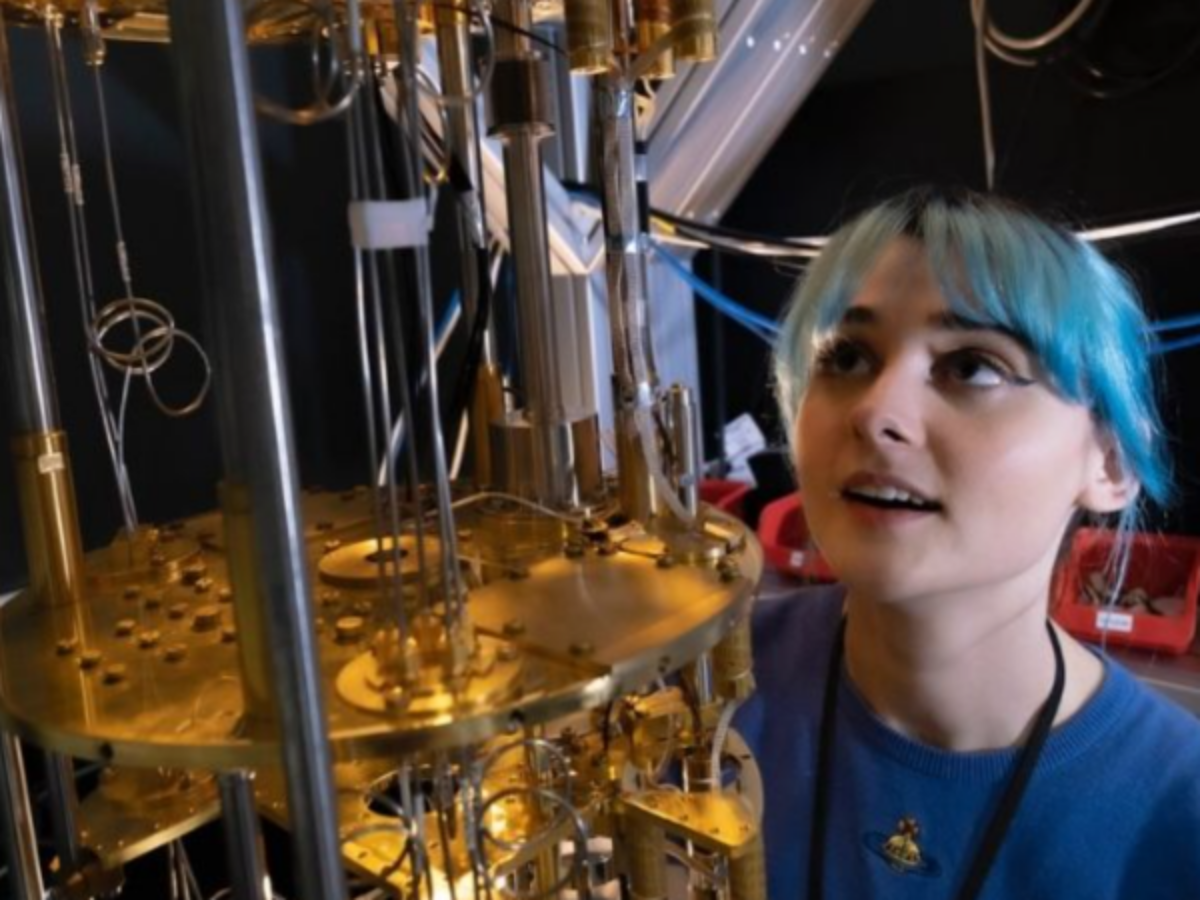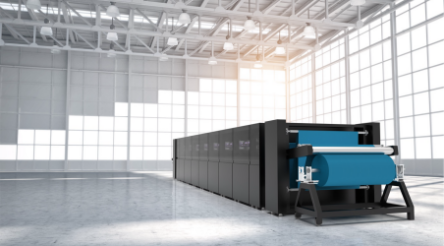Diraq’s breakthrough in quantum computing processors

Silicon quantum processor manufacturer Diraq has announced a breakthrough in the operation of its processors overcoming one of the drawbacks of the technology – that quantum systems usually run at ultra low temperatures and need cumbersome cooling systems.
The Sydney company revealed the results in a paper published in the journal Nature today showing that it could operate quantum computing processors at 20 times warmer temperatures than previously.
Authored by engineers from Diraq, the peer reviewed paper High-Fidelity Spin Qubit Operation and Algorithmic Initialisation Above 1K unlocks the potential of quantum computers to operate at warmer temperatures.
The research demonstrates high-accuracy spin-based quantum computation at temperatures above one Kelvin, a temperature compatible with the ability of conventional electronics to operate.
Quantum computers typically have to be cooled to low temperatures close to absolute zero (-273.15 °C). At higher temperatures, the qubits which store and retrieve information falter, rendering the technology impractical.
This sets a path to realistic and useful quantum computers, according to Jonathan Huang, lead author and research associate at Diraq, and Ph.D. student at the University of New South Wales.
Huang said: “This temperature increase, although difficult to grasp when compared to conventional temperature concepts, is actually groundbreaking in the realm of quantum computing.
“Our advanced engineering achievement involved a deep understanding of physics as well as the experimental curiosity to push the boundaries of engineering design.”
Diraq’s technology stores data according to the ‘spin' of electrons in silicon, and sets the company apart from more established competitors, according to Professor Andrew Dzurak, CEO and Founder of Diraq.
Professor Dzurak said: “While our quantum processors still require refrigeration, the costs and complexity of the overall system are dramatically reduced at these elevated temperatures.
“Harnessing the power of ‘hot qubits,’ these quantum computers will enable calculations far beyond the reach of supercomputers that exist today, enabling faster and more accurate predictions and analysis.
“This will also save costs and energy when running calculations to solve problems of global significance, generating significant economic outcomes.”
By leveraging modified transistors, Diraq can use existing silicon chip ‘foundries’ for manufacture, tapping into decades of knowledge and trillions of dollars of investment that underpins today’s semiconductor industry.
Picture: Diraq
@aumanufacturing Sections
Analysis and Commentary Awards casino reviews Defence Gambling Manufacturing News Online Casino Podcast Technology Videos





